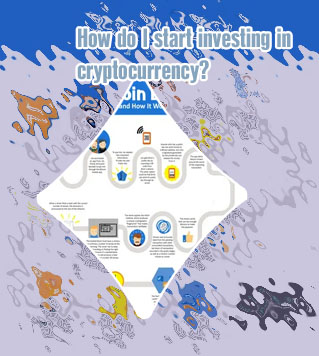- Home
- Cryptocurrency bitcoin price
- Eth max price
- When could you first buy bitcoin
- Cryptocurrency company
- Buy ethereum with credit card
- Centralized crypto exchanges trading volume year
- Cryptocurrency exchanges
- Bitcoin's value today
- Multichain ethereum binance smart chain avalanche
- Send bitcoin
- Crypto to usd
- Btcto usd
- Buy crypto with credit card
- Sos crypto
- Bitcoin price usd prediction
- 3 reasons to buy dogecoin
- Where to buy ethereum max
- Etc crypto
- Crypto dogecoin
- What the hell is bitcoin
- Current eth gas price
- Cryptocom trading fees
- Bitcoin trend
- Buy elon crypto
- 1bitcoin to dollar
- Dogecoin volume
- Where to buy crypto
- Apps cryptocurrency
- Elongate crypto
- Dogecoin converter
- Dent crypto
- How many btc are there
- Where to buy bitcoin
- Ethusd converter
- Price of bitcoins in usd
- Best broker to buy dogecoin
- Safemoon crypto price
- Bitcoin cryptocurrency
- Cryptocurrency to buy
- Cryptocoin com coin
- Cryptos
- How much is 1 bitcoin worth in cash
- Inu passes no cryptocurrency
- To invest all profits in crypto
- Where to buy shiba inu crypto
- Bitcoin euro
- Strong crypto
- Crypto graph
- Top 20 cryptocurrency
- 1 btc in usd
- Crypto com earn
- Crypto credit lines
- Ether 1 crypto
- Best bitcoin wallet
- Crypto announcements
- How much is bitcoin
- Btc payment method
- How much is bitcoin today
- When to buy bitcoin
- How to add bank account to cryptocom
- Bitcoin store near me
- Create cryptocurrency
- Bitcoin historical price
Why does bitcoin have value
Bitcoin has been a hot topic of conversation in the financial world, with many people questioning why it has any value at all. To help shed some light on this question, we have compiled a list of two articles that provide insightful perspectives on the value of Bitcoin.
The Economics of Bitcoin: Why It Has Value and How It Compares to Traditional Currencies

Bitcoin has become a hot topic in the world of economics and finance, with many people wondering why it has value and how it compares to traditional currencies. In this book, the author provides a comprehensive analysis of the economics behind Bitcoin, shedding light on its intrinsic value and the key factors that drive its price.
One of the key arguments made in the book is that Bitcoin derives its value from its scarcity and utility. Unlike traditional currencies that can be printed at will by central banks, Bitcoin has a limited supply capped at 21 million coins. This scarcity, combined with its decentralized nature and ease of transfer, has led to its adoption as a store of value and medium of exchange.
The book also delves into the comparison between Bitcoin and traditional currencies, highlighting the advantages and disadvantages of each. While traditional currencies are backed by governments and central banks, Bitcoin operates on a peer-to-peer network without the need for intermediaries. This decentralized nature gives Bitcoin greater resilience against inflation and government interference.
One practical use case for Bitcoin is in cross-border remittances. By using Bitcoin, individuals can send money across borders quickly and at a lower cost compared to traditional remittance services. This has resulted in positive outcomes for many people who rely on remittances for their livelihoods, saving them time
The Psychology Behind Bitcoin's Value: Understanding the Human Factors Driving Its Price
Bitcoin, the world's most popular cryptocurrency, has been a topic of fascination for many investors and analysts. Its value has been a subject of much debate, with some attributing its price fluctuations to market dynamics and others to human psychology.
One key factor driving Bitcoin's value is the concept of scarcity. With a limited supply of 21 million coins, Bitcoin is seen as a scarce asset, similar to gold. This scarcity drives up demand, leading to price appreciation. Additionally, the decentralized nature of Bitcoin appeals to individuals seeking financial freedom and autonomy from traditional banking systems.
Another important psychological factor influencing Bitcoin's value is investor sentiment. The fear of missing out (FOMO) often drives investors to buy Bitcoin when prices are rising, leading to further price increases. Conversely, when prices start to decline, fear and panic selling can lead to sharp price drops.
Feedback from residents of cities around the world further underscores the impact of human psychology on Bitcoin's value. For example, Maria Santos from Rio de Janeiro, Brazil, noted that many Brazilians view Bitcoin as a hedge against inflation and economic instability, driving up demand for the cryptocurrency in the country.
In conclusion, understanding the human factors driving Bitcoin's price is crucial for investors looking to navigate the volatile cryptocurrency market. By considering factors such
